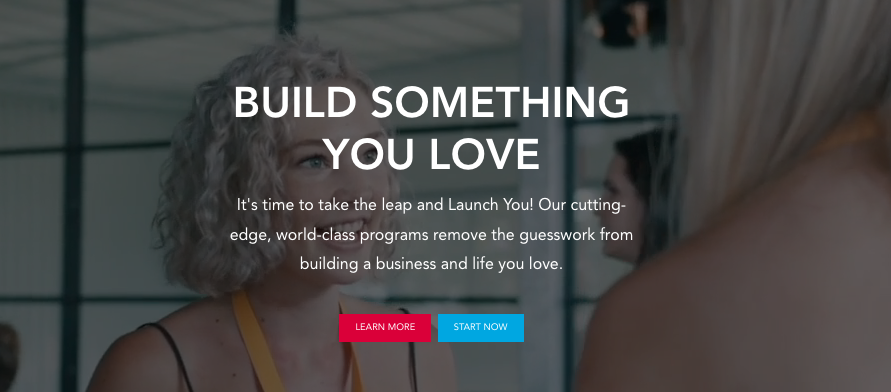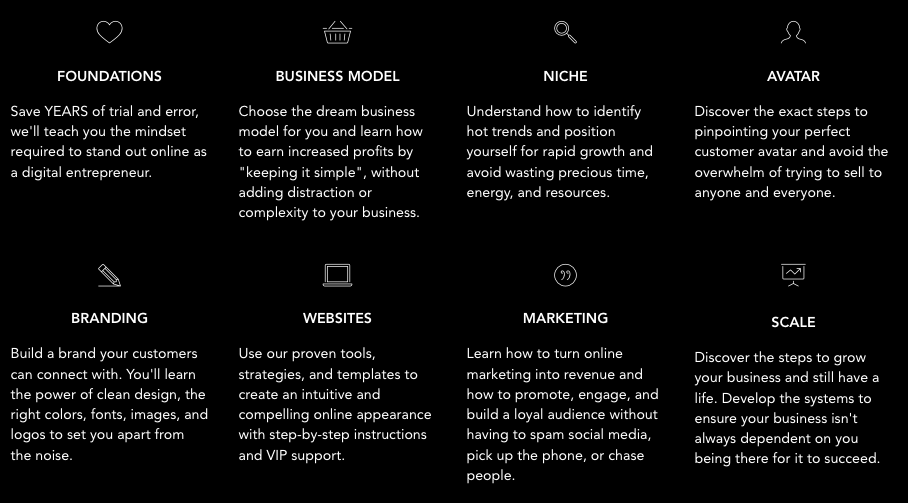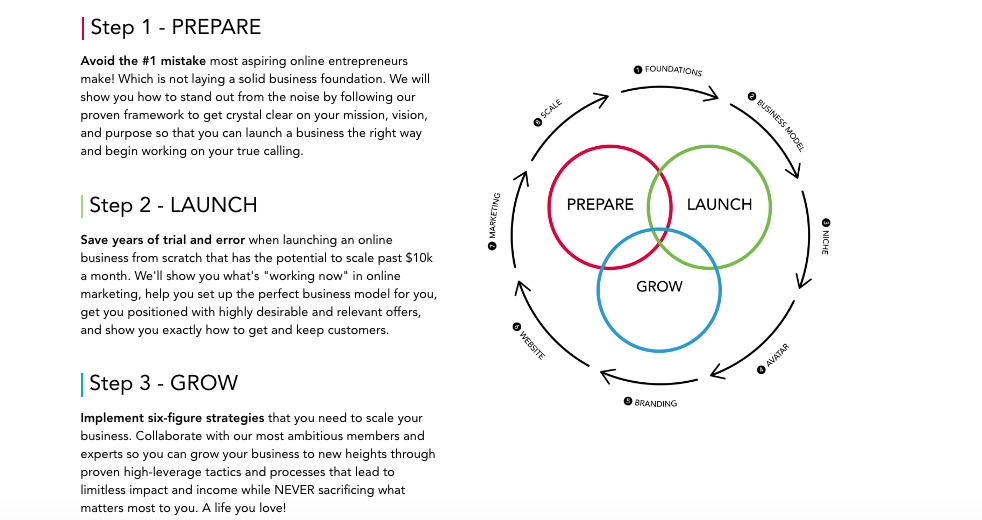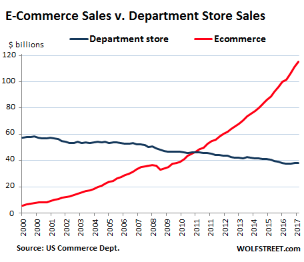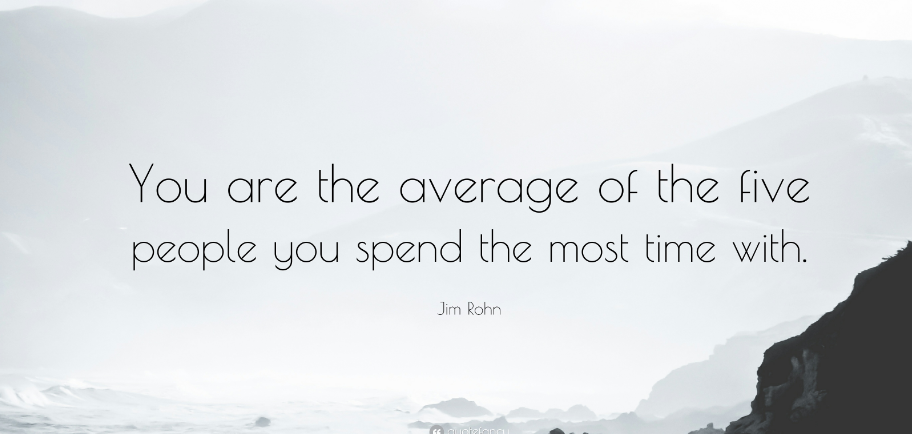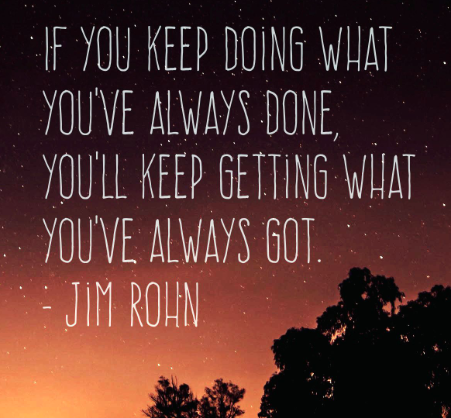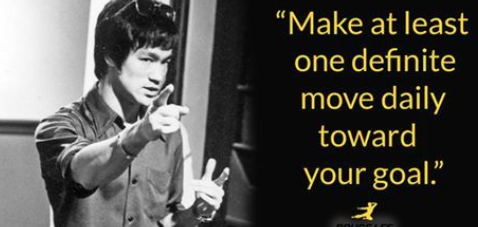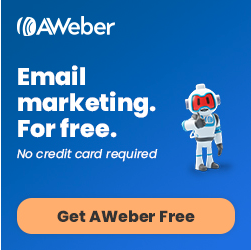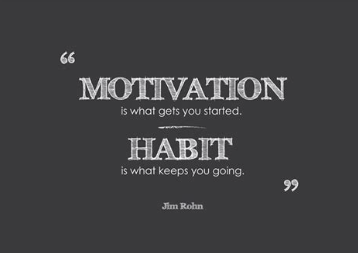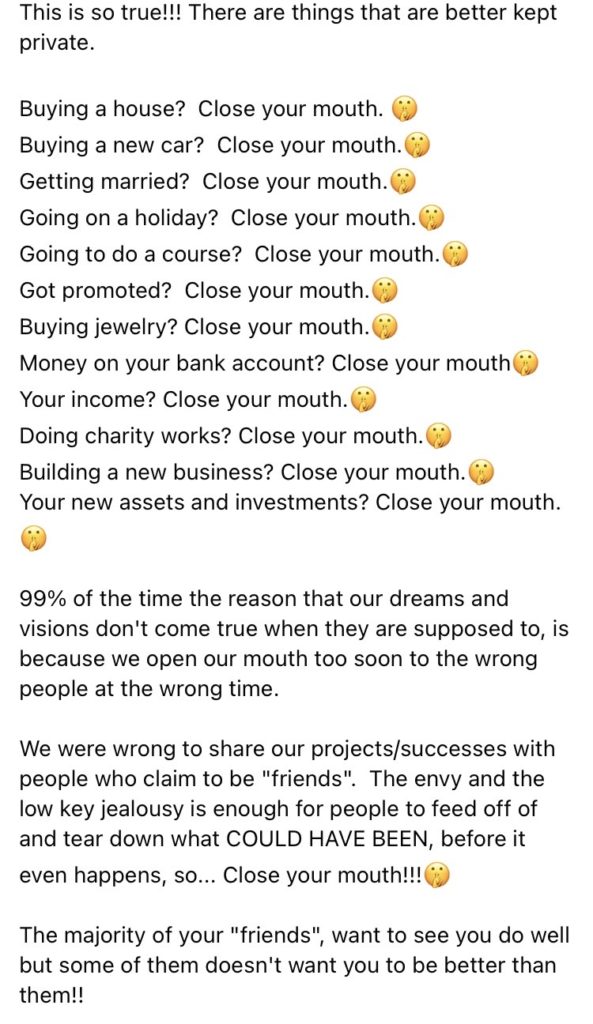What are the ways to escape the rat race?
Rat race (noun, an Americanism dating back to 1935-1940):
“any exhausting, unremitting, and usually competitive activity or routine, especially a pressured urban working life spent trying to get ahead with little time left for leisure, contemplation, etc.” (Dictionary.com)
If you’re fed up working your job, commuting for hours or dealing with your nightmare boss, it might be time to escape the rat race! But how? If you need your employment income to live, you’ll need to somehow replace it, or reduce your outgoings, or both. There’s various ways you can earn an income which can, over time replace your employment salary completely. Here’s a few ideas:
- Build a property portfolio and rent – you’ll typically need a few properties to replicate a full time employment income
- Start an online business – anyone can build an income online through selling other people’s products and services (drop shipping/affiliate marketing)
- Invest in income producing assets – dividend shares
- Rent out a spare room ( if you have one)
- Get a buy to let property, bed and breakfast or run an AirBNB business

Of course all of these ideas require investment of some kind, especially if you want to purchase a property. An online business is probably the cheapest option.
Ways To Escape The Rat Race: Other Ideas
There are of course other ways to escape the rat race. You can switch careers, change jobs or start a business of your own. Consider what you would be doing with your time without the need for a job. Another option is to build a portfolio income from a number of part time jobs or small businesses.
The best way to escape the rat race is to completely replace your income. But this will take some investment and time. Here’s a few strategies which will help you relieve the pressure, free up cash and unburden you from the rat race.

Stop Spending
One of the quickest ways to unburden yourself from financial pressure is to downsize. Can you change your home or car? Stop spending on needless items, quit drinking and/smoking and free up cash which can be saved and used for investments. What direct debits are you currently paying which you could do without? Can you sell things you don’t use?
Pay Yourself First

Paying yourself first is a strategy used by the financially well off. Most people pay all their bills first and spend what’s left. The wealthy know to escape the trap of needing to constantly trade time for money, they need to create savings and invest in income producing assets. You can’t do this without money! Paying yourself first means to set up an automatic payment from your wages as soon as they come in. Let this become a normal event and the money will build up in a savings account. This has a two fold effect:
- You learn to live on less – building a good habit for the future
- You build a savings account which can be used for business/investments and which earns interest.
Your Latte Factor
David Bach talks about your “latte factor” in his book The Automatic Millionaire. The Latte Factor refers to those things you purchase on a daily or weekly basis, which although seem like small purchases add up over the year; such as a daily latte (coffee). If you spend $5 on a latte and $2 on a biscuit every day for a year you will have spent $2555 over the year.
Knowing how your little spendings effects your overall outgoings can allow you to save money where you didn’t know you were spending.
Stop Acting Rich

In Thomas Stanley’s book Stop Acting Rich, he points out that those who live in rich neighbourhoods typically spend more. That’s because there’s an influence from the people around you. If the “Jones’s” have a new car, you buy a new car to keep up! When you stop acting rich you free up a lot of money.
So if you have an expensive watch and/or a performance car and so on, you’re wasting money which could be giving you more investments and more freedom. There’s a saying in Texas “big hat no cattle” and a similar one in the UK which says “all mouth no trousers”. It simply means to show a persona of yourself which is different to the reality. The fancy car and expensive watch are props for your self image. Are you holding up your projected image to show off?
Ways To Escape The Rat Race – Do What You Love
While a large income might be something you have achieved, it doesn’t necessarily go along with a happy and fulfilled life. Perhaps a simpler life is one which is more gratifying? Doing a job you love is one of the best ways to escape the rat race. So even if you don’t have the resources to buy property, invest in stocks and completely replace your current income, you can find other work which is more satisfying, downsize, sell assets and free up more time for the things you enjoy.
If you have an interest of some kind you could turn it into a business you love.
